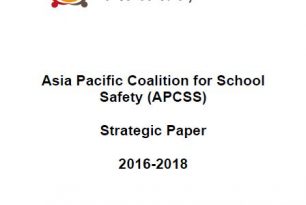
The strategy paper outlines Asia Pacific Coalition for School Safety (APCSS) for 2016 to 2018. It sets out: Strategic goals and indicators, Strategic focus areas, Resources mobilization, Coordination, Action plans.
![]()
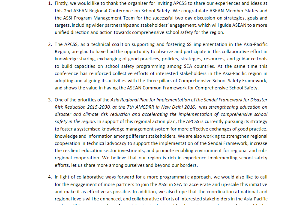
Asia-Pacific Coalition for School Safety (APCSS) calls for the engagement of more partners to join ASEAN Safe School Initiative (ASSI) in South-East Asia to accelerate and upscale the initiative and make it as effective as possible. It hopes that coordination at national and regional levels will be enhanced and collaborative efforts of interested stakeholders in Asia-Pacific region will increase the number of countries that adopt and implement approaches consistent with Comprehensive School Safety Framework (CSSF). APCSS calls on governments to sign up as a Safe School Leader as part of Worldwide Initiative for Safe Schools (WISS) for a stronger and more resilient Asia-Pacific
![]()
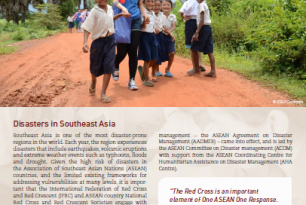
This four-page case study describes IFRC’s works to support the Association of Southeast Asian Nations (ASEAN) to build community resilience. It highlights the importance of ASEAN in disaster management and key component of IFRC/s work at the national and regional levels. It also discusses IFRC’s support to the implementation of the ASEAN Agreement on Disaster Management (AADMER) Work Plan and the way forward to implement the work in the region.
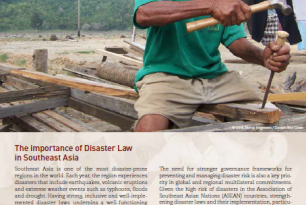
This four-page case study describes IFRC’s works on disaster law development in South-East Asia, with the highlight focus in the progress in Indonesia and Lao PDR. It also discusses an inclusion of gender and diversity issue in the country’s disaster law draft and the way forward to implement the work in region.
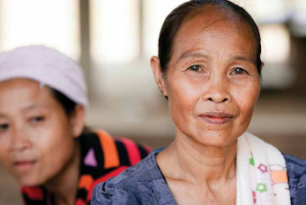
The purpose of this tool is to provide a standard method of conducting an organisational assessment on gender and diversity, focusing on five key thematic areas: political will and leadership, organizational culture, resources and capacities, programme delivery and implementation, and accountability. The assessment can be completed as a standalone process, or as complementary to the Organisational Capacity Assessment and Certification (OCAC) or Branch Organisational Capacity Assessment (BOCA). The findings of the assessment can form the basis of recommendations on how to strengthen gender and diversity in all areas of the organisation.
![]()
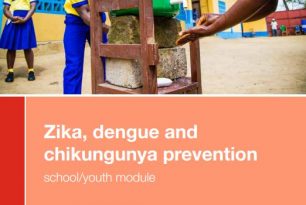
The Zika, dengue and chikungunya prevention school / youth module is intended for volunteers, educators, and peer educators teaching children from ages 7 – 16 in a school or youth club setting about the transmission, symptoms, treatment and prevention methods to address Zika, dengue and chikungunya (ZDC).
![]()
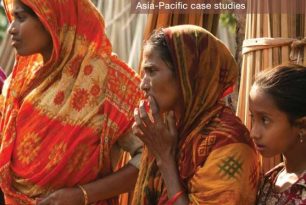
This report follows on from the global study Unseen Unheard: gender based violence in disasters which saw research being conducted in 9 countries globally, and included Bangladesh, Myanmar and Samoa from the Asia Pacific region. The Asia Pacific case studies provide an overview of gender-based violence (GBV) within each country context, as well as presenting findings and key recommendations with regards to 1) Awareness and understanding on GBV occurrence during disasters; 2) Availability and access to services; 3) Safety and security and; 4) Livelihoods and migration.
![]()